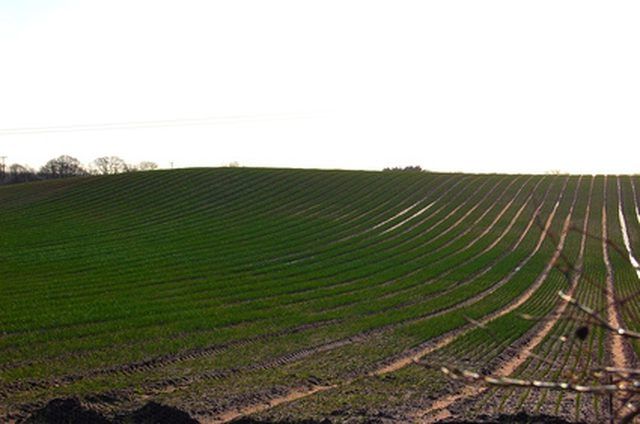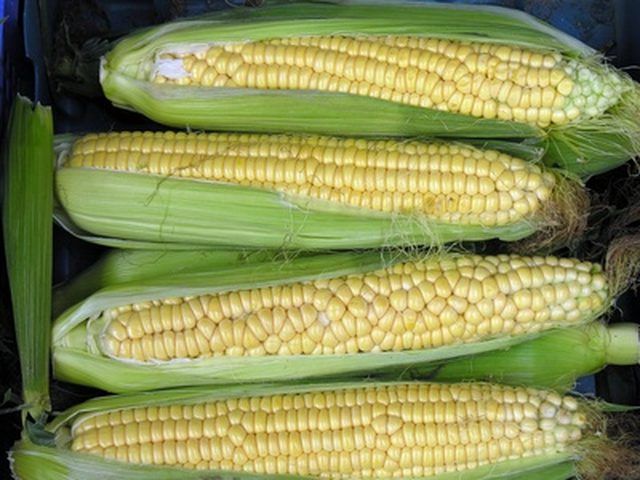Bulbs
Flower Basics
Flower Beds & Specialty Gardens
Flower Garden
Garden Furniture
Garden Gnomes
Garden Seeds
Garden Sheds
Garden Statues
Garden Tools & Supplies
Gardening Basics
Green & Organic
Groundcovers & Vines
Growing Annuals
Growing Basil
Growing Beans
Growing Berries
Growing Blueberries
Growing Cactus
Growing Corn
Growing Cotton
Growing Edibles
Growing Flowers
Growing Garlic
Growing Grapes
Growing Grass
Growing Herbs
Growing Jasmine
Growing Mint
Growing Mushrooms
Orchids
Growing Peanuts
Growing Perennials
Growing Plants
Growing Rosemary
Growing Roses
Growing Strawberries
Growing Sunflowers
Growing Thyme
Growing Tomatoes
Growing Tulips
Growing Vegetables
Herb Basics
Herb Garden
Indoor Growing
Landscaping Basics
Landscaping Patios
Landscaping Plants
Landscaping Shrubs
Landscaping Trees
Landscaping Walks & Pathways
Lawn Basics
Lawn Maintenance
Lawn Mowers
Lawn Ornaments
Lawn Planting
Lawn Tools
Outdoor Growing
Overall Landscape Planning
Pests, Weeds & Problems
Plant Basics
Rock Garden
Rose Garden
Shrubs
Soil
Specialty Gardens
Trees
Vegetable Garden
Yard Maintenance
Where Can I Buy Genetically Modified Seeds?
Where Can I Buy Genetically Modified Seeds?. Genetically modified seeds, or GM seeds, are a type of genetically modified organism, or GMO. GMO's are created by modifying the DNA in a plant's genome. GM seeds are also known as transgenic seeds. As of 2010, you can purchase GM seeds for corn, soybeans, rapeseed/canola, cotton, potatoes, papayas and...

Genetically modified seeds, or GM seeds, are a type of genetically modified organism, or GMO. GMO's are created by modifying the DNA in a plant's genome. GM seeds are also known as transgenic seeds. As of 2010, you can purchase GM seeds for corn, soybeans, rapeseed/canola, cotton, potatoes, papayas and sugar beets. GM seeds for wheat, apples, rice, bananas and wine grapes are in production and currently are neither harvested nor available for purchase. Genetically modified tomatoes are no longer available.
Purchasing and Pricing
Seeds are available for all the currently harvested GM plants through seed dealers. You may purchase seeds online, by phone or in person at the seed dealership. Seed dealerships may focus on certain crops, varieties or brands. GM seeds are sold in bulk lots of at least 2000 lbs. or by the bag. As of 2010, GM corn seeds cost $199 to $273 for an 80,000 kernel bag, and GM soybean seeds cost $47 to $64 for a 50 lb. bag. GM papaya seeds cost $10 to $20 for 100 seeds.
Varieties
There are multiple GM seed varieties available for each GM crop currently on the market. Corn, or maize, is genetically modified to express one or both of the following traits: insect resistance and herbicide tolerance. If corn has the former trait, it was implanted with a gene from Bacillus thuringiensis, and is thus called "Bt corn." Other Bt crops include Bt potatoes and Bt sweet corn. GM soybean seeds are available as pesticide-resistant. GM papayas are resistant to the Papaya Ring Spot virus.

Benefits
Genetically modified plants may be beneficial to the farmer and consumer. If the seed is resistant to pesticides, this allows the farmer to spray pesticides without harming the crop. If the seed creates its own pesticide, as is the case in Bt crops, less pesticide is required. These both increase yield for farmers because the plants are protected from weed growth and/or insect infestation. Higher yields provide more food for consumers, and usually at a lower price.
Concerns
A relevant concern for the farmer is if GM seeds are cost effective. GM seeds usually cost more than non-GMO seeds. If the farmer does not recoup these costs by achieving a higher yield, he may lose money. Concerns exist over the environmental safety of GM plants. Because GM foods are planted in large monocultures, GM plants may compromise biodiversity on the farm. If a plant has been genetically modified to defend itself against harmful pests, as in the GM papaya or Bt corn, the effects of that modification could harm other harmless bystanders, like insects or spiders. Another concern is that the pests themselves may adapt to overcome the GM plant's new defense, and thus become harder to eradicate and require more pesticide use.
Considerations
Different countries have different laws regarding the use of GM seeds and crops, and these laws change regularly. You would be wise to check the law in your area. Also, the companies that produce GM seeds have strict policies regarding the intellectual property rights related to the seeds. The practice of saving seeds is banned by at least one of these major seed manufacturing companies. For GM corn and soybeans, a contract with the seed manufacturer is generally required.